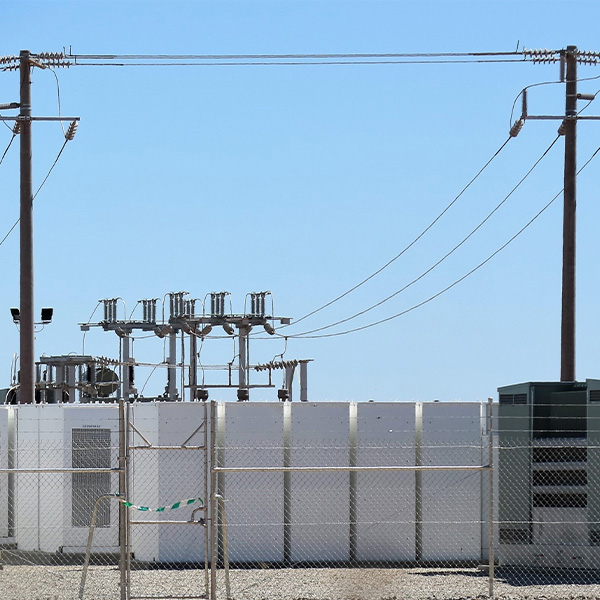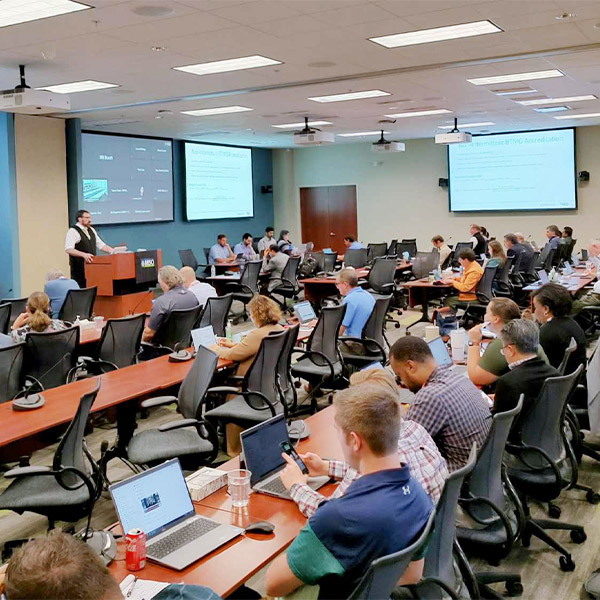MISO Resource Adequacy Subcommittee (RASC)
MISO is nearing an overhaul of its capacity accreditation methods for load-modifying resources and demand response that would be based on whether they can assist during periods of high system risk.
Voltus filed a complaint with FERC against MISO, alleging the RTO’s “11th-hour” changes in testing and contract proof requirements ahead of the spring capacity auctions will harm demand response resources and affect rates.
MISO hopes to mete out different reserve margin obligations to its load-serving entities as it sees bigger perils on the horizon.
MISO said it will finalize an availability-based accreditation for nearly 12 GW of load-modifying resources over the first quarter of 2025 ahead of a filing with FERC.
Load-serving entities that decide against participating in MISO’s capacity auction must secure anywhere from 1.5% to 4.2% beyond their reserve margin requirements in the 2025/26 planning year.
MISO members will likely have to add 343 GW of installed capacity by 2043 to meet policy goals while maintaining resource adequacy, the RTO said in preliminary results from its annual Regional Resource Assessment.
Demand response in MISO is poised to be subject to more rigorous standards as the Independent Market Monitor warns of more potential bad actors.
Midwestern power producers are asking for re-evaluation of MISO’s cost of new entry in light of recent clean energy goals.
MISO is questioning whether its one-day-in-10-years loss of load standard remains the best method for establishing resource adequacy, and state regulators want in on potential decisions.
Stakeholders appear wary of MISO’s proposed, availability-based accreditation it plans to file with FERC by the end of the year for the RTO’s approximately 12 GW of load-modifying resources.
Want more? Advanced Search










